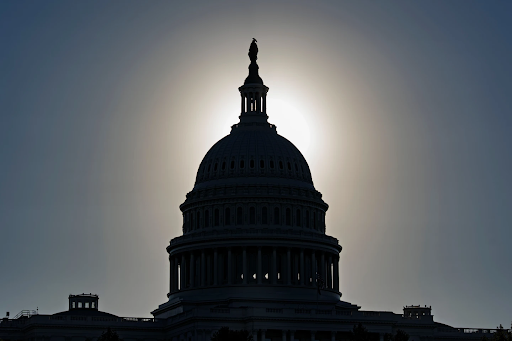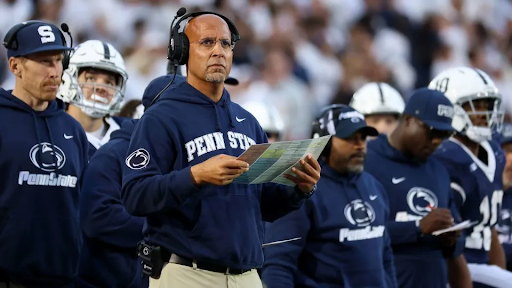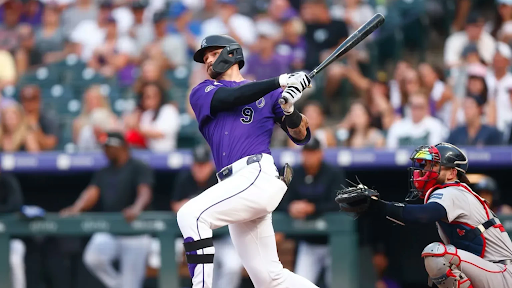On April 12, President Joe Biden announced that he would be canceling the debt of 277,000 borrowers. The Hill reports that the administration’s new SAVE Program (Saving on a Valuable Education), funded through a variety of income-driven repayment plans, will forgive 7.8 billion dollars in student debt. A CNBC report wrote that Biden’s student loan forgiveness plan could win over the younger demographic, a critical group in the upcoming election. In a recent survey by CNBC, 48 percent of voters said canceling student debts is an important issue to them.
While student loan forgiveness will alleviate economic problems for hundreds of students and families, critics argue that it does not address the underlying issue. In an interview with CNBC, Will Bunch, author of “After the Ivory Tower Falls,” blames the government’s lack of funding towards higher level public education and prioritization of private colleges. The Brookings Institute also finds that over half of high student loans are held by individuals belonging to the top two income quintiles, making student loan forgiveness arguably a benefit for the upper class.
Biden’s attempt to relieve debt will not go unopposed, however; CNN reports that a student loan payment proposed by Biden in 2022 was struck down by the Supreme Court claiming that such an action required authorization from congress. Already Biden’s new SAVE plan has come under fire and eighteen states have joined one of two lawsuits to strike it down claiming that it was a giveaway to college graduates and would only shift the burden to taxpayers.
Despite opposition from the Republican Party, President Joe Biden wishes to rid many of their student debt. Biden said in a statement that he has and will continue to work for education and ensure that it is a ticket to the middle class.




















